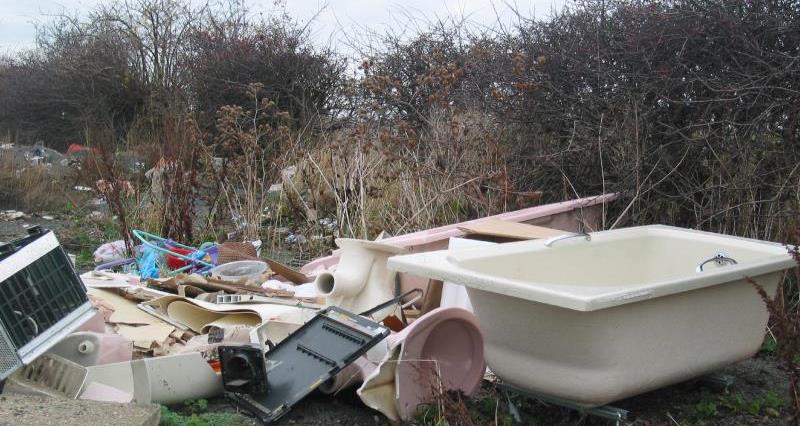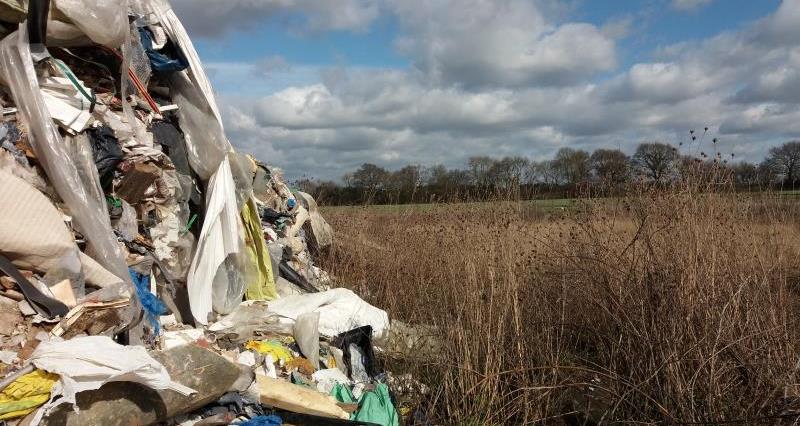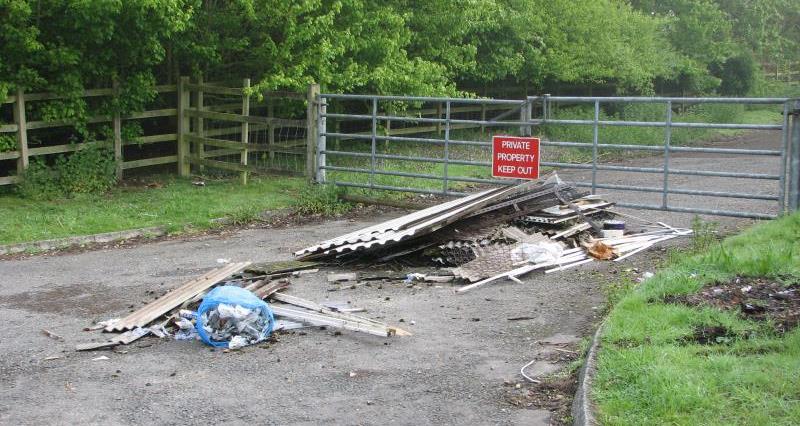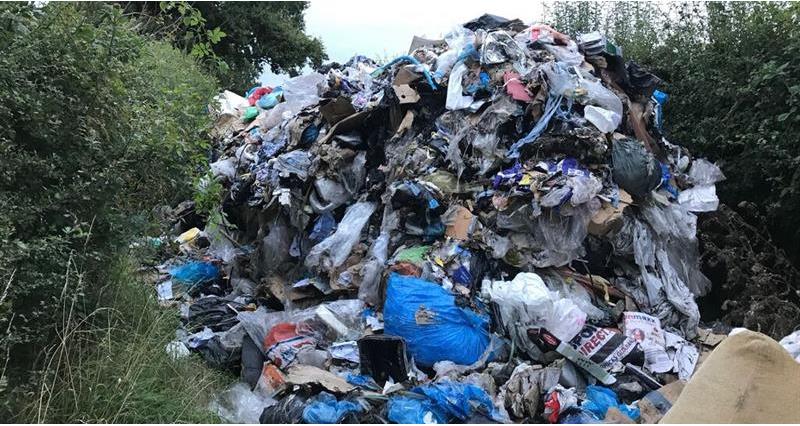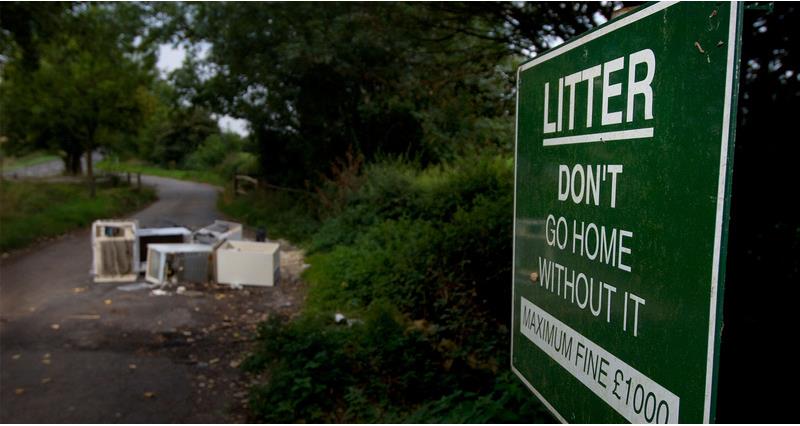Government plans to abolish the fees local authorities charge for disposing of DIY waste at HWRCs (household waste recycling centres) came into force on 31 December 2023.
The changes mean that councils will treat DIY waste the same as household waste when it meets certain conditions, such as not exceeding 2x 50L rubble bags. This follows consistent NFU lobbying to make it easier for householders to dispose of their unwanted items.
NFU members reported a surge in fly-tipping activity of household waste since the HWRC charges were introduced.
The charges were clearly a deterrent to householders and illegitimate third parties who are employed by householders to dispose of their DIY waste, and opt to dump it on farmland to avoid council charges.
Read our consultation response: Defra consultation on free disposal of household DIY waste - NFU response
Announcement welcomed
NFU Vice President David Exwood said: “The NFU has long called for action to make it easier for the public to recycle rubbish, so we very much welcome this announcement which will hopefully encourage anyone who has DIY waste to dispose of it easily at a recycling centre and reduce the chances of it being fly-tipped illegally.
“Waste crime and fly-tipping continues to plague the lives of so many of us living and working in the countryside, and increasingly we’re seeing industrial-scale amounts of rubbish, such as builder’s rubble and hazardous materials.
“We very much welcome this announcement which will hopefully encourage anyone who has DIY waste to dispose of it easily at a recycling centre.”
NFU Vice President David Exwood
“This is affecting farmers’ efforts to produce food and care for the environment but is also taking a huge toll emotionally and financially.”
Economic cost
Fly-tipping and waste crime is estimated to cost the economy £924m per year in England. The government has also announced grants totalling £775,000 to help councils roll out a range of projects to crack down on fly-tipping.
According to the most recent Defra statistics, two thirds of fly-tipping incidents are from household waste.
Fly-tipping was the most prolific category of rural crime experienced by our members according to our 2021 Rural Crime Survey, with nearly half (48%) of those surveyed saying they had been affected by fly-tipping in the previous 12 months.
Earlier this year, the Environment Agency released its National Waste Crime Survey results for 2023 with the results showing that 86% of farmers surveyed were affected by fly-tipping
More widely, Defra’s latest statistics published in January show that local authorities dealt with 1.09 million fly-tipping incidents, (a decrease of 4% from the 1.13 million reported in 2020/21). However, with over a million incidents reported, this is still much higher than the previous five years.
The NFU is an active part of the Defra-led National Fly-Tipping Prevention Group which is developing a fly-tipping toolkit to help share best practice among local authorities and landowners on tackling the issue.
We have also responded to the government’s consultation on reforming the waste carrier, broker, dealer regime and on introducing mandatory digital waste tracking.
